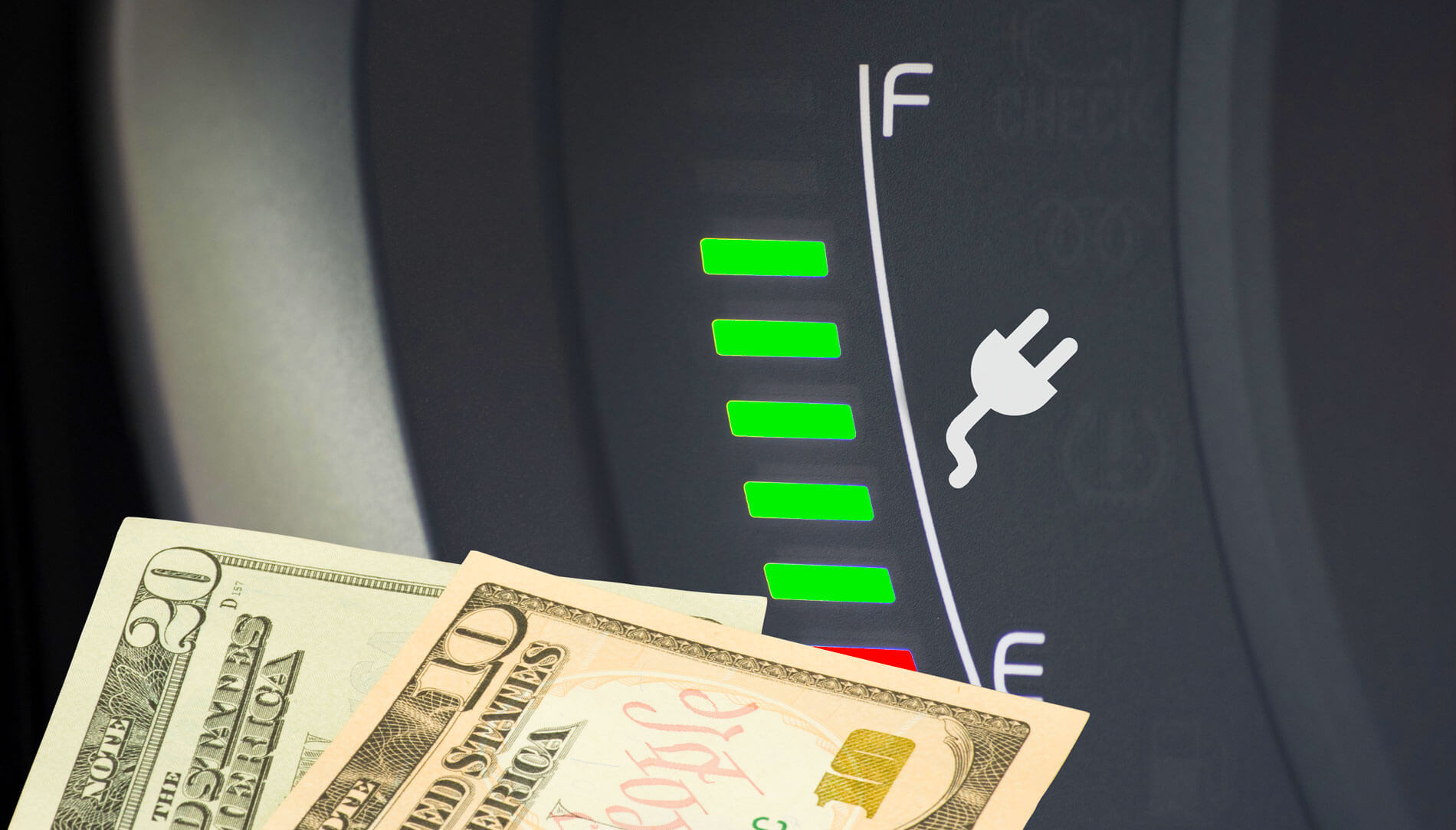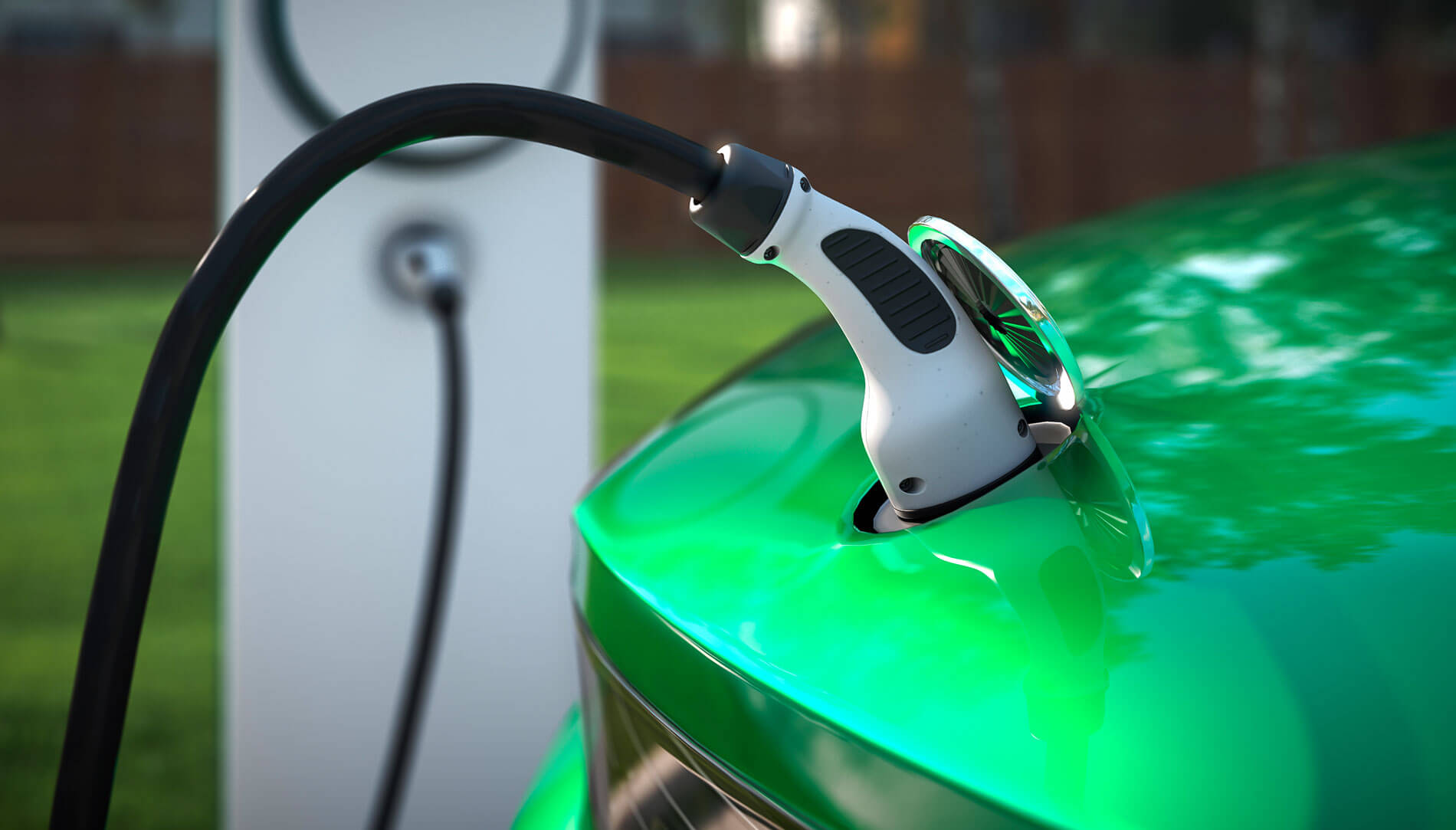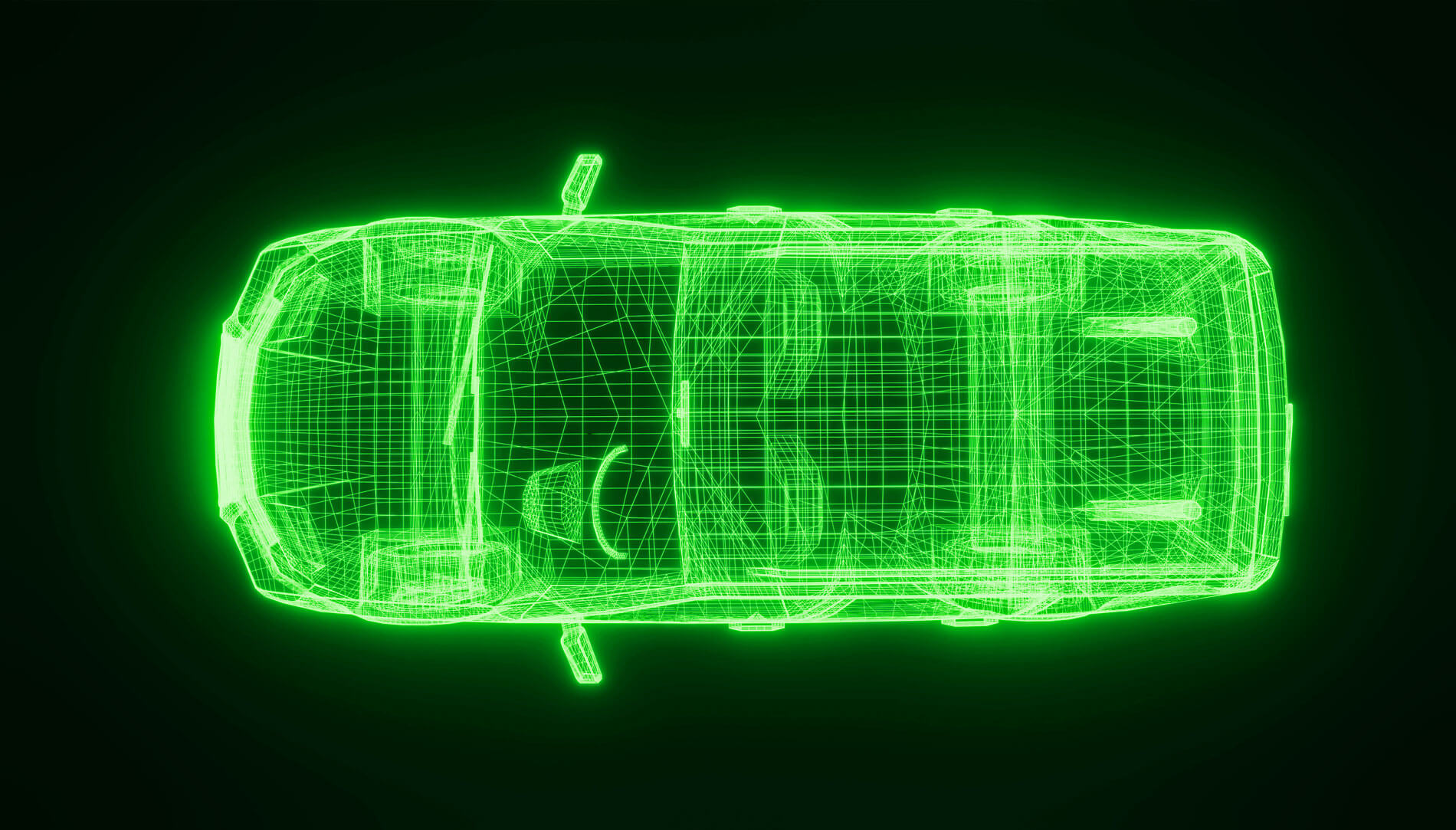See the Reasons why People are Going Electric
If you are reading this, you may be wondering if you should buy an electric car. One of your first questions might be, what are the benefits? After all, electric vehicles are relatively new given that we have been gassing up for 100 years. But a battery-powered car does have significant advantages over conventional gas-powered vehicles. Here are some of the main reasons why drivers go electric.
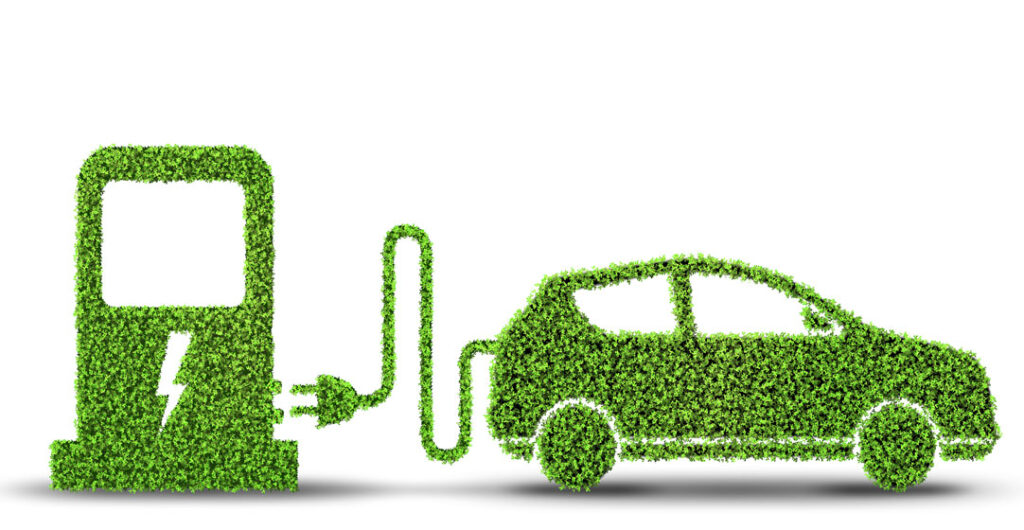
1. Environmental
Electric vehicles are more environmentally friendly than gas-powered vehicles. An all-electric car emits zero tailpipe emissions. An all-electric car, which is powered by a large battery pack, burns no fuel and has no tailpipe. (Hybrids, which run on electric and gas power, do emit tailpipe emissions but generally less than conventional cars.)
Another environmental plus is that electric cars are more efficient in using energy than traditional gas-powered vehicles. A car’s efficiency is measured by how much energy is used to move the car over a drive cycle. Each drive cycle is different, so a car’s efficiency will vary a lot depending on the speed, the weather and road conditions.
That said, the U.S. Department of Energy says conventional gas-powered cars lose most of their energy to inefficiencies, using only up to 30% of the converted energy to move the car. By contrast, electric cars on average send 65% to 69% of their energy to the wheels. Also, an electric car recovers energy and recharges the battery when decelerating, so electric cars can achieve extremely high levels of efficiency.
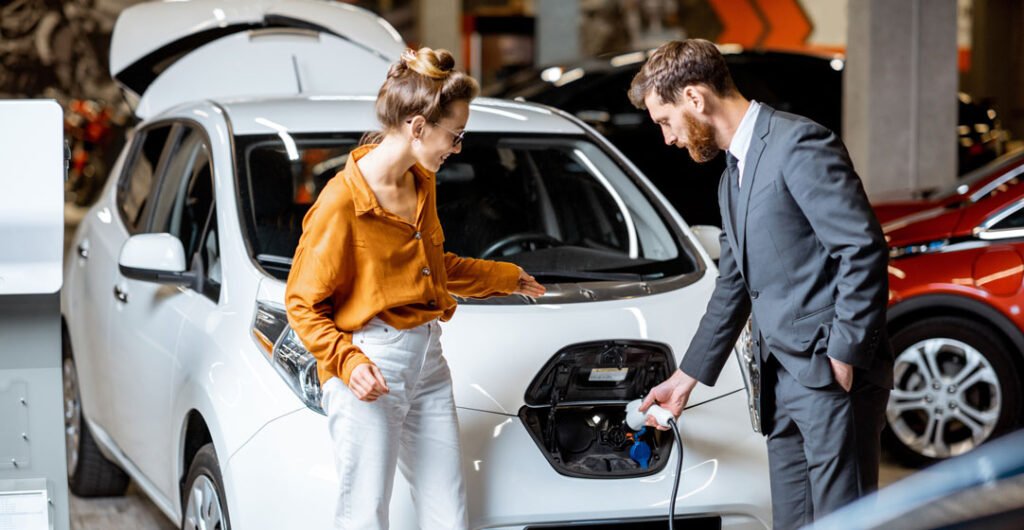
2. Well-to-wheel emissions
One bonus for residents of the Pacific Northwest is that the most likely sources of energy are cleaner. An electric car’s environmental impact is most accurately measured by its well-to-wheel impact, which accounts for the likely source of the electricity used to power that car. Some sources of power, particularly coal, produce a tremendous amount of emissions to generate energy. So, in regions of the United States that are coal dependent, electric vehicles have relatively poor well-to-wheel emissions ratings. They are similar to conventional cars.
The Pacific Northwest region is not coal-dependent, however, but relies primarily on hydroelectric power, natural gas and wind turbines for power, all of which are considered cleaner sources of energy.
About 65% of Washington’s power is generated by hydroelectric plants, and hydro accounts for 51% of Idaho’s power, according to the U.S. Energy Information Administration (EIA). Coal represents less than 5% of the energy generated in Washington, and less than 1% in Idaho. The national average for coal-generated energy was nearly 22% in 2021, EIA reports.
So, if you buy and electric car and plug it into a socket in Washington and Idaho, your vehicle’s well-to-wheel emissions will be comparatively low.

3. Fuel costs
You may be surprised to hear us argue that the extremely high gas prices seen through much of 2022 are not the No. 1 reason to rush out and buy an electric car. That’s because the cost of gas is notoriously volatile. Given history, nominal gas prices will likely fall back eventually with changing global circumstances. (In late November 2022, that is exactly what started happening, with the national average for a gallon of gas tumbling 22 cents in a month.) Falling prices should make filling up at the pump more tolerable — that is, until the next global shock causes the price of gas to spike anew.
Also note that the real price of gas adjusted for inflation hasn’t really risen that much. (According to the U.S. Department of Energy estimates, the price adjusted for inflation was $4.21 per gallon nationally in 1981 and $4.39 per gallon in 2012, both of which were higher in real dollars than AAA’s estimate of the national average for regular gas in late January 2023 of around $3.44 a gallon.)
That all said, fuel savings is a legitimate benefit if you’re weighing your options to buy an electric car. The real advantage is you’ll save regardless of where gas prices are in the cycle.
DOE estimates that it costs on average about half as much to drive an electric vehicle as an equivalent-sized gas-powered car. (The actual savings will depend on the electric car model, your location and other factors.) On average, DOE says it costs about $1.22 to drive the same distance as a conventional car would travel on a gallon of gasoline. So, in other words, you’d be paying the equivalent of $1.22 per gallon to drive the EV.
Breaking it down, DOE estimates the cost of running an electric car at between 2 cents to 6 cents per mile. The most costly scenario (6 cents per mile) works out to $1.44 for every 24 miles of driving range. By contrast, a gas-powered car that averages 24 miles to the gallon would cost $3.44 (the U.S. national average for a gallon of regular gas as of late January 2023) to run over the same 24 miles.
In Washington, residents pay some of the highest gas prices in the nation. According to AAA, the average cost was $4.07 per gallon for regular in late January (falling from $5.40 per gallon at points in October). In Idaho, the price was $3.42 for regular. By contrast, thanks to a reliance on hydro power, Washington and Idaho residents pay some of the lowest kilowatt per hour rates for electricity. And that means electric car drivers pay much less to “fuel up” their vehicles.
So, given the lower average costs of electricity and the higher average cost of gas, Washington and Idaho electric car drivers should continue gaining huge savings on their fuel mileage compared to conventional car drivers even if gas prices fall.

4. Maintenance
Another advantage to consider when you buy an electric car is that the engines are less complex and have fewer components that can break. EVs don’t use engine oil, a timing belt, spark plugs, etc.
So, your maintenance costs should be lower. DOE estimates that it costs 6.1 cents per mile in scheduled maintenance to run a light-duty electric car, whereas the cost is about 10 cents per mile for combustion engine vehicles. A 2020 Consumer Reports article suggests that EV owners pay about half as much to repair and maintain their vehicles. RepairPal estimated that after five years it costs $1,200 a year to repair and maintain a conventional car, and about $900 annually for an EV.
Also, thanks to an electric car’s regenerative braking systems that put less wear and tear on the braking hardware, EV brakes should last much longer before they need to be repaired or replaced. Click here to learn more about common electric car repairs.
5. Tax breaks
One other advantage to going electric is that you can still receive tax breaks. The federal government has long offered federal tax credits up to $7,500 when you buy an electric car or a plug-in hybrid.
One thing to note, though: The federal 2022 Inflation Reduction Act generally made it harder to get the credit.
To qualify, the price of the new car must be $55,000 or less (or $80,000 or less for a new truck, van or SUV) and all vehicles must be built in North America. Specifically, the car must be assembled and have a battery built in North America. Also, the credits are only available to buyers who meet certain income guidelines.
One change in the law, though, has made it possible to get a tax credit on a used electric car of up to $4,000 or 30% of the transaction price, with the caveat that the sales price for the used car must be under $25,000.
In Washington, residents also can get a sales and use tax exemption of up to $20,000 on the sale or lease price on electric car purchases through July 31, 2023 (after which an exemption of up to $15,000 continues through July 2025). Used car purchases can get an exemption of up to $16,000 through July 2025.
—Written by Victor Whitman
—Top photo is by Wayhome Studio and Marcos Silva/AdobeStock.


